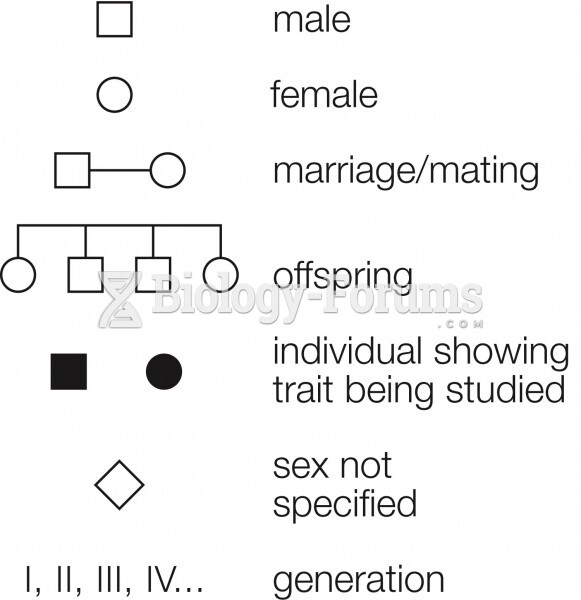|
|
|
The first-known contraceptive was crocodile dung, used in Egypt in 2000 BC. Condoms were also reportedly used, made of animal bladders or intestines.
There are more sensory neurons in the tongue than in any other part of the body.
The use of salicylates dates back 2,500 years to Hippocrates’s recommendation of willow bark (from which a salicylate is derived) as an aid to the pains of childbirth. However, overdosage of salicylates can harm body fluids, electrolytes, the CNS, the GI tract, the ears, the lungs, the blood, the liver, and the kidneys and cause coma or death.
On average, someone in the United States has a stroke about every 40 seconds. This is about 795,000 people per year.
Approximately 25% of all reported medication errors result from some kind of name confusion.







